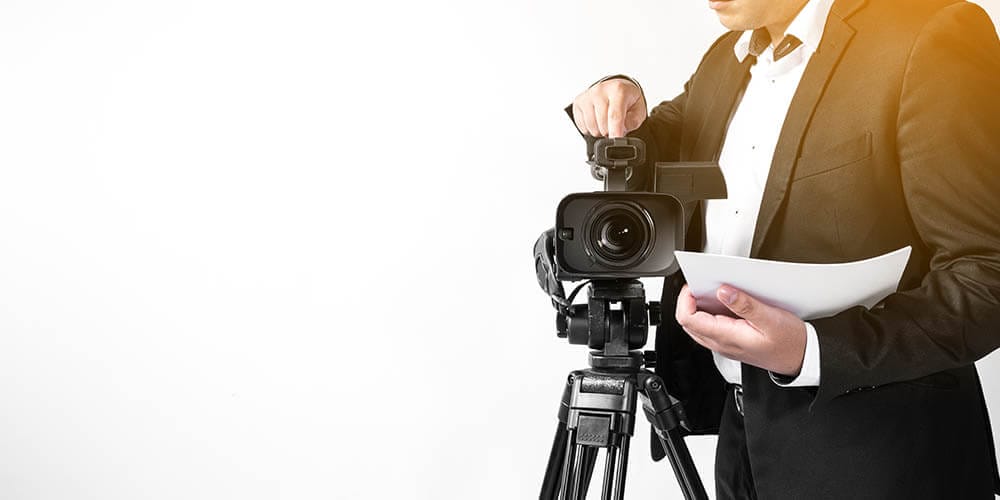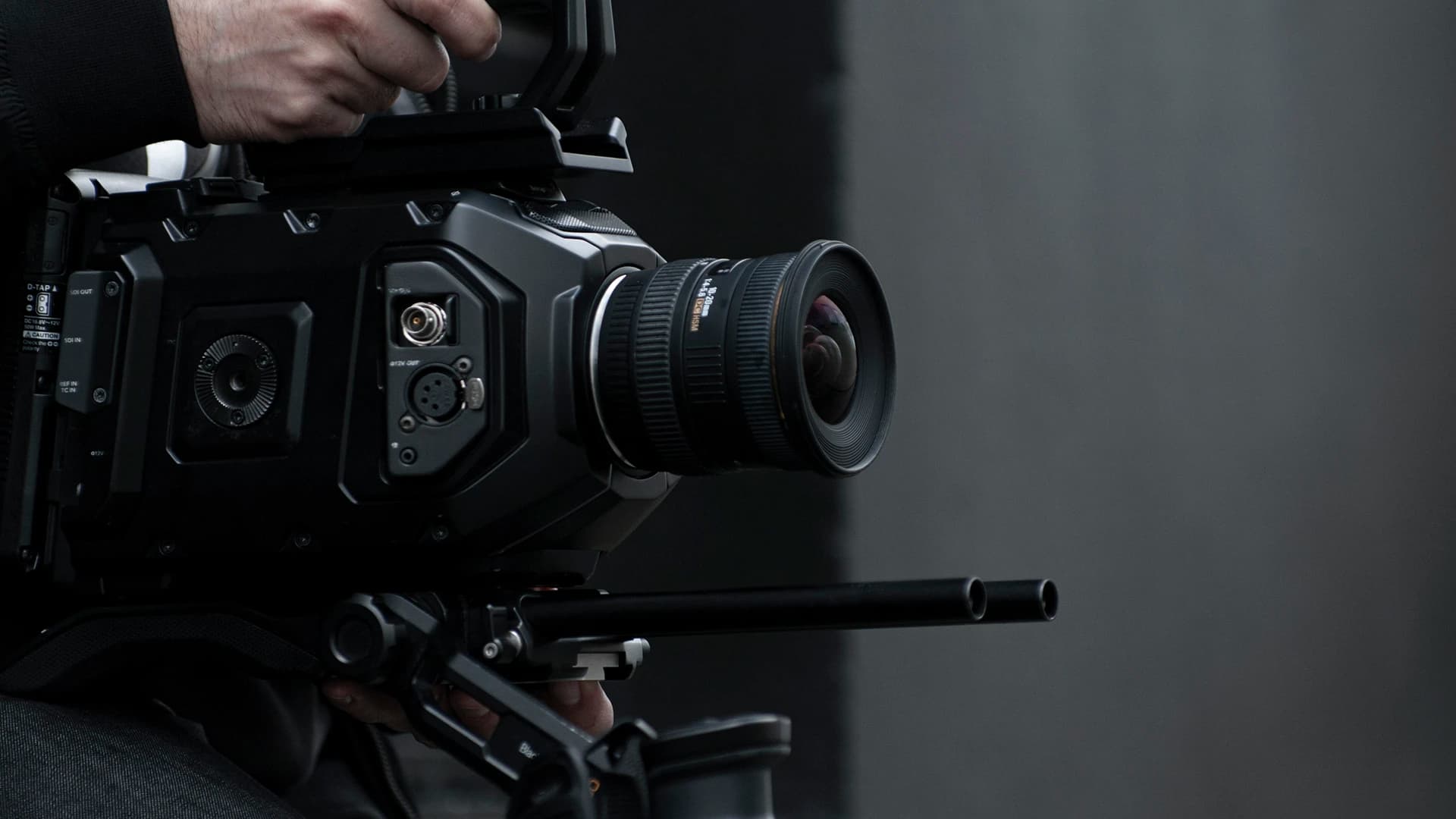The Function of Legal Videography in Depositions and Tests
Lawful videography has become an essential device in both depositions and tests, offering a multifaceted approach to recording witness statements. By capturing not just the talked word but also the nuances of non-verbal communication, this tool improves the trustworthiness of testimonies and maintains important evidence for future process (legal videography). As lawful professionals significantly acknowledge its value, it motivates a much deeper evaluation of just how these visual records can affect juror perceptions and test outcomes. What effects might these advancements hold for the future of lawful method?

Significance of Lawful Videography
Lawful videography plays a pivotal function in the documents and presentation of depositions and trials. This customized area combines technical abilities with lawful knowledge to create a trusted record of procedures that can dramatically influence case results. The visual aspect of legal videography improves the understanding of witness testament, allowing jurors and judges to observe not only the spoken words however likewise the temperament, emotions, and body language of the witnesses.
Furthermore, lawful videography provides an unbiased account of occasions, decreasing the possibility for false impression that can accompany composed transcripts alone. This visual documentation acts as a vital tool during test discussions, assisting in a more clear and more convincing narrative for both complainants and offenders. Moreover, the capability to replay video sectors throughout court procedures enables lawful groups to highlight key factors, strengthening their disagreements effectively.
The relevance of legal videography extends past the courtroom; it additionally plays an important duty in protecting evidence for future recommendation, whether for appeals or more legal activity. Its integration right into the lawful process is crucial for guaranteeing a reasonable and accurate representation of the realities, ultimately adding to the search of justice.

Process of Legal Videography
While recording the subtleties of depositions and trials, the process of legal videography includes numerous critical steps that guarantee top notch, exact recordings. Initially, a professional legal videographer prepares by examining the instance products and recognizing the specific requirements of the deposition or trial. This prep work consists of acquainting themselves with the individuals and the context, which assists in catching significant information.
On the day of the recording, the videographer establishes up the essential tools, which typically consists of high-def electronic cameras, microphones, and correct illumination. Ensuring ideal angles and sound quality is essential, as it directly impacts the performance of the recording. The videographer connects with lawyers and participants to establish methods, making certain that every person comprehends the recording process.
During the deposition or test, the videographer thoroughly tapes the procedures, paying very close attention to both spoken and non-verbal hints. This includes capturing the demeanor and responses of witnesses and attorneys. After the session concludes, the videographer might modify the footage for quality and conformity with lawful criteria, producing a final product that precisely reflects the proceedings for future reference and go to the website usage in legal contexts.
Advantages in Depositions
The consolidation of videography in depositions provides numerous benefits that enhance the total process of collecting evidence. One key benefit is the ability to catch witness testimonies with aesthetic and auditory integrity, offering an extra accurate depiction of the witness's behavior, tone, and body language. This multidimensional technique allows lawyers and courts to examine reliability Continued extra efficiently than typical written transcripts alone.
In addition, videographed depositions act as an effective device for preserving testament. Ought to a witness come to be unavailable for test, their recorded deposition can be played in court, making sure that their proof remains easily accessible and pertinent. This aspect dramatically reduces the danger of shedding crucial info that can influence case results.

Lastly, videography enhances the total professionalism and reliability of the deposition process, instilling confidence in customers pertaining to the thoroughness of their lawful depiction (legal videography). By leveraging innovation, lawyers can considerably improve the effectiveness of depositions
Impact on Tests
In lots of trials, the integration of videography can significantly affect the discussion of evidence and the jury's assumption. Legal videography captures witness testaments and essential proof in a dynamic layout, permitting jurors to engage with the product on numerous levels. This aesthetic component enhances the narration element of a trial, giving context and psychological resonance that typical text-based proof may do not have.
Furthermore, video clip recordings can offer as powerful devices for impeachment during interrogation. When inconsistencies occur in between a witness's prior declarations and read this post here their court testimony, video clip evidence gives an objective recommendation that can sway jurors' point of views. This immediacy and clarity can strengthen the reputation of a celebration's story while at the same time threatening opposing disagreements.

Future Trends in Legal Videography
As we look toward the future of lawful videography, several emerging fads promise to reshape its role within the court. One substantial fad is the assimilation of expert system (AI) in video evaluation and editing. AI can streamline the process of identifying crucial moments in tape-recorded depositions, permitting lawyers to promptly access appropriate material, thereby boosting effectiveness in case prep work.
Additionally, the surge of virtual truth (VR) and increased fact (AR) innovations is expected to transform exactly how jurors experience evidence. legal videography. By immersing jurors in a substitute environment, these modern technologies can supply a more profound understanding of complicated situations, resulting in even more enlightened deliberations
In addition, the enhancing demand for remote depositions, sped up by the COVID-19 pandemic, will likely proceed. Lawful videographers will certainly require to adapt to new software and platforms to guarantee high-grade recordings in online settings.
Last but not least, the growing focus on data protection will demand stricter methods for saving and sharing video clip evidence. As the lawful landscape progresses, legal videographers must stay abreast of these fads to keep their relevance and effectiveness in the judicial process.
Conclusion
In summary, lawful videography serves a crucial function in the judicial procedure, boosting the integrity of depositions and trials. As modern technology continues to progress, lawful videography is positioned to more transform its duty within the lawful landscape.